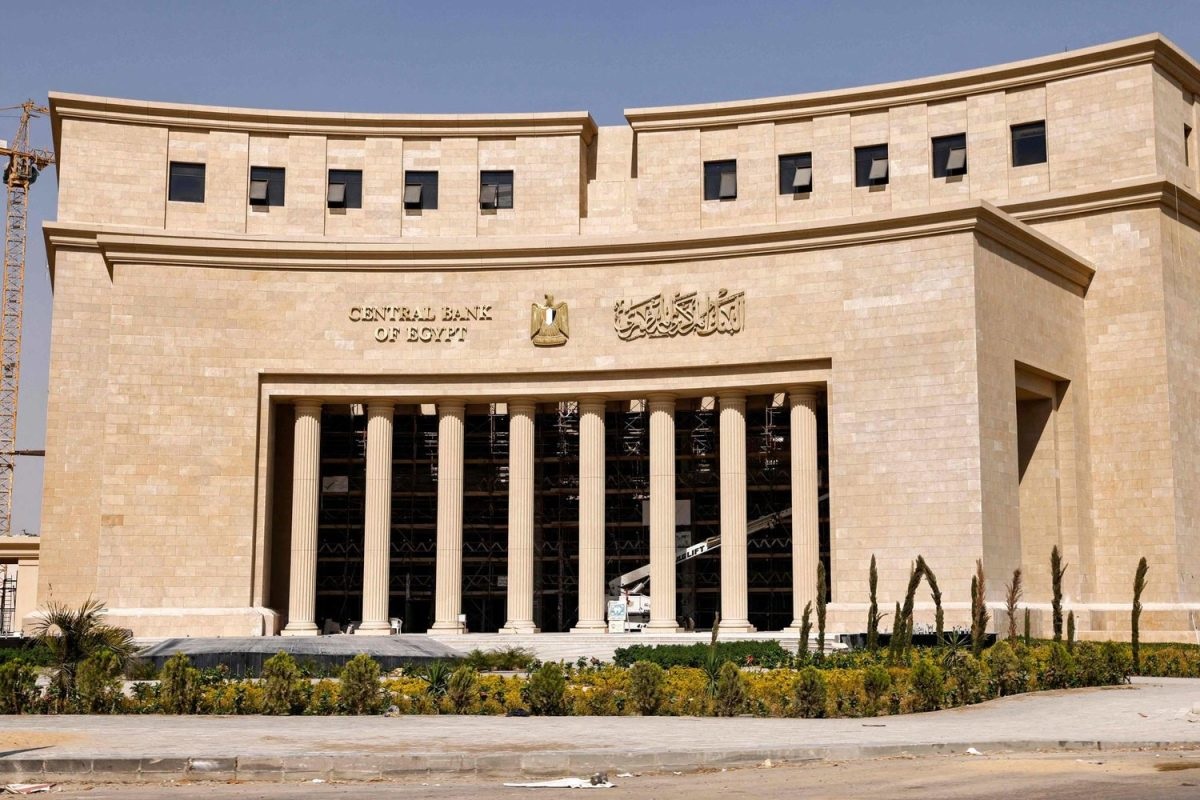Unveiling Unlawful Tactics: Debt Collection Controversies in Egypt’s Financial Landscape

Watan-In Egypt, a controversy has erupted in recent days after a customer of a private bank shared a threatening message from the bank’s management received via the “WhatsApp” application. The message urged the customer not to delay in repaying the installment due to the bank, warning that individuals, who employ unconventional methods, would come to the customer’s home or workplace to demand the outstanding funds.
The platform “Matsadqsh” (Don’t Believe) has documented this information and reached out to several bank customers and electronic payment and settlement companies. They have reported being subjected to threats of legal action, insults, or defamation in their workplaces due to their delayed repayments of loan installments, actions taken outside the usual legal procedures for recovering the due funds.
📌 خلال الأيام الماضية، نشر أحد عملاء البنوك الخاصة في #مصر، رسالة تهديد من إدارة البنك وردت إليه عبر تطبيق “واتس آب”، تطالبه بعدم التأخر في سداد القسط المستحق لدى البنك، وإلا سيأتي إلى عنوان السكن أو العمل، من يطالبون بهذه الأموال بطريقة لا يعملها.
➖ #متصدقش رصد وتواصل مع عدد… pic.twitter.com/cbElGZv83j
— متصدقش (@matsda2sh) December 25, 2023
Debt Collection Companies
The certificates obtained by a donator revealed that clients receive threatening messages from intermediaries or debt collection offices contracted by some banks or electronic payment companies, in exchange for a percentage of the money.
Law No. 176 of 2018 regulates the activities of leasing and discounting (debt collection), defining the nature of the work of these companies.
The Financial Regulatory Authority oversees debt collection companies, numbering 32 as of September 2022, including prominent ones like Hermes, the Egyptian Company for Services and Collection, and Drive.
However, some companies and banks resort to illegal offices for debt collection, using methods based on threats, defamation, and terrorizing the client, according to two clients.
One client stated: ‘I was a little late in repaying a loan to a private bank and was surprised by messages and calls from unknown numbers on my phone, hearing insults and abuse, and other calls on my work phone.’
He added: ‘It’s as if there is no law in the country, and I was surprised that they knew the details and data of the loan I took from the bank. When I asked them, they said they were from the bank’s management, and when I returned to the bank, they denied it, even though only the bank should know this data.’
A similar complaint was repeated by another client of the same bank, who said: ‘I was a month or less late in paying the car installment. I found a message on WhatsApp from an unknown number, demanding that I deposit the installment amount in an inappropriate manner, and another message saying, ‘Enough, we got you a car.’
Threats and Assaults
The situation varies slightly when it comes to electronic payment and settlement companies, where it can escalate to assaults and possibly kidnapping if the overdue amount is significant, according to a source in an electronic payment company.
The source stated: “If the merchant delays in paying the installment, the matter is escalated to the legal affairs department in the company, which takes two paths: the first is a legal path, and the second is resorting to a debt collection office (thugs).”
These individuals recover overdue payments using various methods such as physical violence, threats, and defamation, in exchange for a percentage of the recovered funds ranging from 10 to 25%. The situation may even escalate to kidnapping if the outstanding amount is substantial and the merchant refuses to pay.
Illegal Methods
The source justifies the company’s resorting to illegal methods by explaining that the legal process takes a longer time, and the debtor can appeal the judgment once or twice, delaying the company’s actions for at least a year.
The source mentioned that many electronic payment companies adopt this approach for the quick collection of funds from consumers, given the slow execution of judgments.
On the other hand, a lawyer working in a debt collection law firm stated that the methods employed by some electronic payment companies or banks are illegal.
He added that these methods fall under the category of “terrorism and thuggery” and are not at the core of the work of licensed collection companies, which rely on negotiating with the client and avoiding final threats. In case of payment refusal, legal recourse is taken to the courts to ensure rights are protected.
Despite No Default, Threats of Imprisonment
The platform detected another message on Facebook for a client of electronic payment and installment companies. The message stated that the company fined her for being only 13 days late in paying an installment. She was surprised to receive threats to have her name listed on the Central Bank’s negative lists for irregular payers, preventing any future dealings with banks.
The client communicated with the company, explaining that she had not defaulted and would settle the payment within a few days, before the new installment deadline. The customer service responded that such messages are sent to anyone who delays in payment.
After the call, the client received another call from the company threatening to refer her case to the public prosecutor for her delay in payment, even though she had not declared a final default and the new installment had not yet arrived.
What Does the Law Say?
Regardless of the details of the threats, the law grants companies and banks the right, in the event of a customer defaulting on payment, to file lawsuits to recover overdue funds or to seize the client’s assets.
To secure loans, banks often follow a well-known procedure, obliging the borrower to open an account with them, issue a checkbook, and sign guarantee checks for the loan amount.
In the case of default, the bank can initiate a bounced check misdemeanor, with a penalty of imprisonment that may reach up to 3 years, as stipulated by Article 534 of Law No. 17 of 1999.
Banks also secure their rights by having borrowers provide collateral for the amount borrowed, such as a property or land registered in the borrower’s name, valued at more than the borrowed amount. In the event of default, the bank has the right to file a lawsuit, obtain a judgment for the amount owed, and place a lien on the pledged asset.
The same principles apply to companies, which can file a legal suit against a defaulter to compel them to repay, based on the conditions and clauses outlined in the contract.




